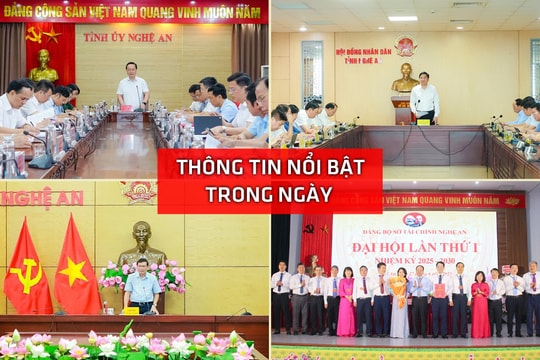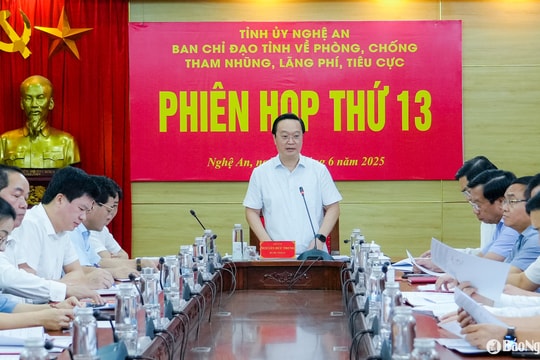How do China and Thailand ban giving Tet gifts?
Regulations banning the giving of valuable gifts during the holidays, when strictly enforced, have changed the practice of disguised bribery, making society cleaner in some Asian countries.
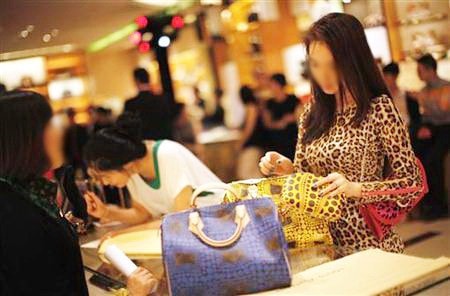 |
| Many gift shops in China are no longer as profitable as they once were during the Mid-Autumn Festival and New Year holidays as the country has stepped up its anti-corruption drive. In the photo: at a brand-name store in China. Photo: Reuters |
Xinhua reported that 6,187 Chinese officials were punished in September 2017 for violating anti-waste rules that China had issued since late 2012. According to the Central Commission for Discipline Inspection (CCDI), these officials were involved in 4,506 scandals.
The most common crime was giving unauthorized benefits or bonuses, followed by giving or receiving gifts, and misuse of public transport.
NewspaperBusiness Insideranalyzed how the anti-corruption law has changed the way Chinese people give gifts during the Lunar New Year.
Accordingly, provincial business executives used to flock to Beijing to bribe high-ranking officials. However, since President Xi Jinping announced his anti-corruption campaign in late 2012, cash gifts have given way to candy and flower baskets.
"Giving gifts is part of the Tet tradition. Before, I gave cash red envelopes, but for the past 1-2 years I have only given fruit baskets," said a businessman surnamed Vuong.
Since the anti-corruption campaign was intensified in 2013, tens of thousands of officials have faced punishment, some even the death penalty, for accepting bribes.
"Officials are so afraid of receiving money from friends in the private sector that they have cut almost all social activities that could create opportunities for people to sneak money," added businessman Vuong.
Not only China but Thailand is also one of the places that is strict about gifts for officials. In an article published onBangkok PostOn January 4, economic writer Wichit Chantanusornsiri wrote that thanks to the "no gift" policy - a directive instructing state officials not to receive or give expensive gifts - most officials celebrate the new year "in a different atmosphere".
Unlike previous years, when private sector workers flocked to government offices to get a chance to give valuable gifts to officials, the New Year atmosphere this year seemed quieter. Most offices followed a “no gifts” policy.
Mr. Lim Beng Leong (Singaporean):
Civil servants are not allowed to receive expensive gifts.

In Singapore, people often give gifts to each other during Christmas and New Year. I think for friends and family, giving gifts is like a good wish and a friendly gesture. So we don’t need to buy each other expensive gifts, just simple gifts that come from the heart.
There are also cases where people try to bribe government officials. This problem occurs in every country. The Singapore government has very strict regulations on accepting gifts from public officials. Most public officials are not allowed to accept expensive gifts or any money from any party. When public officials are found to have accepted bribes, they will be brought to court, fined and imprisoned. In the private sector, the government does not interfere with the giving and receiving of gifts, it only controls public employees.

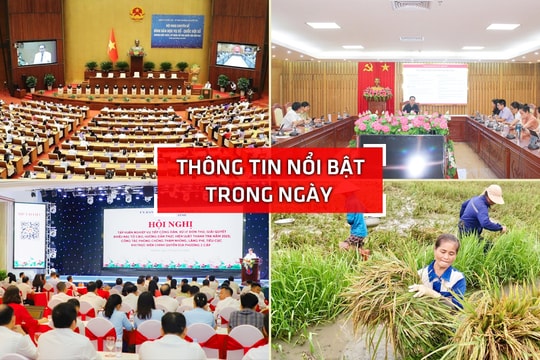
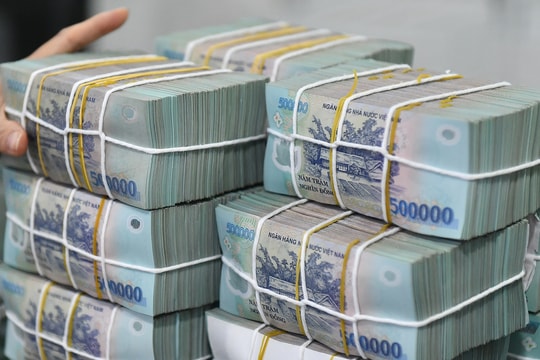

.jpg)
